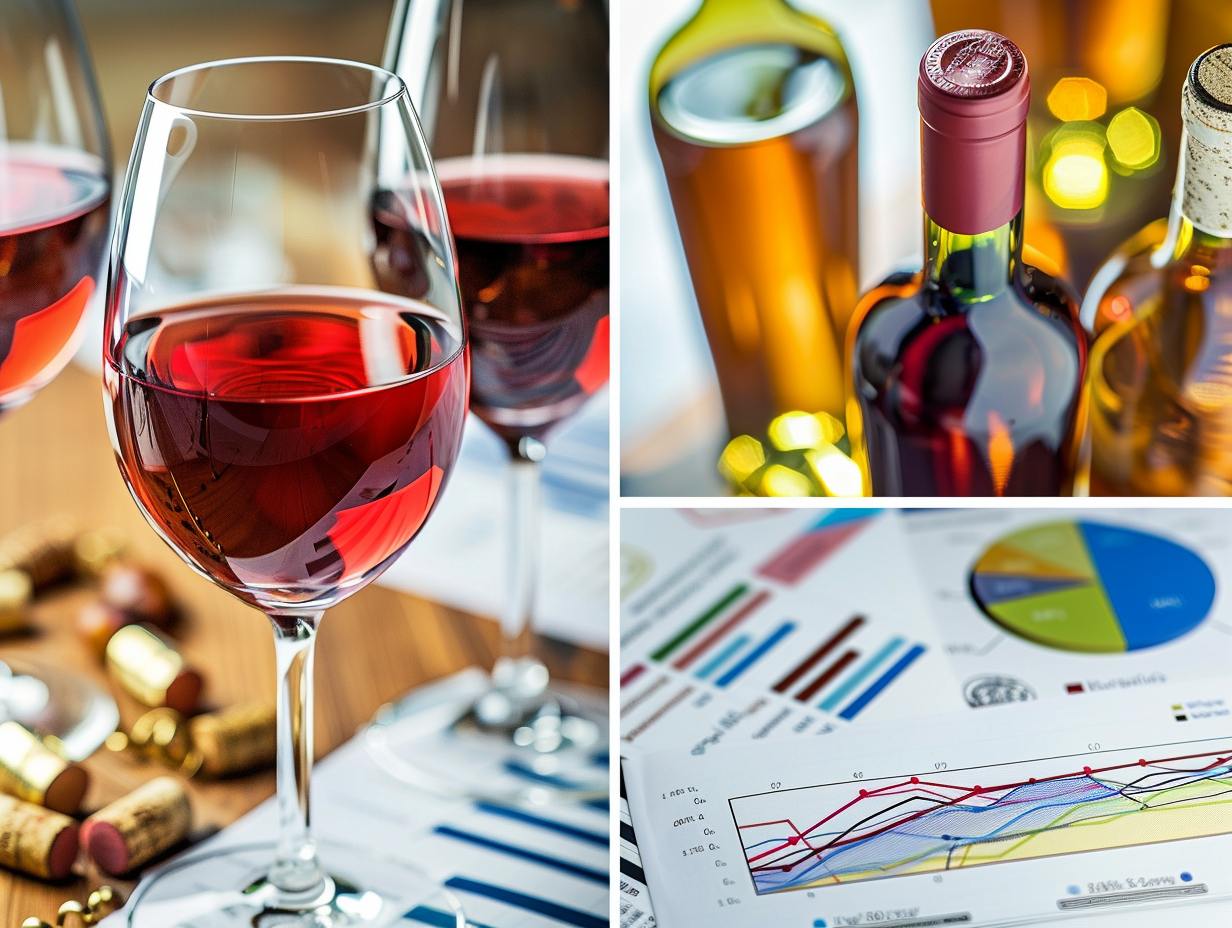International Free Ports, such as those in Moldova, offer unique opportunities for fine wine storage with the benefit of duty and VAT suspension. Here’s how they work and their potential for fine wine storage:
Free Port Operations
- Duty and VAT Suspension: Goods stored in international free ports are exempt from customs duties and VAT until they are moved out of the free port for domestic consumption or resale. This is particularly advantageous for wine investors looking to minimize upfront costs.
- Conversion to Fine Wine Storage: Free ports in Moldova could be converted into specialized wine storage facilities by incorporating the necessary infrastructure—temperature and humidity control, security systems, and bonded storage certification. By doing so, Moldova could position itself as a competitive hub for wine storage, especially for investors looking to store their collections in Europe without the immediate tax burden.
RFID Tagging for Geolocation and Provenance
RFID (Radio Frequency Identification) tagging is a technology that can be effectively used in fine wine storage to enhance provenance tracking and geolocation. Here’s how:
- Geolocation: RFID tags can be attached to each wine bottle, allowing for real-time tracking of its location within the storage facility. This is especially useful for large collections stored in multiple locations, ensuring that each bottle can be easily located when needed.
- Provenance Tracking: The RFID tags can also store detailed information about the wine’s provenance, including its origin, production details, and storage history. This data can be accessed through a digital interface, providing buyers and investors with verified information that adds value to the wine.
- Security: RFID tagging adds an additional layer of security by enabling alerts if a bottle is moved unexpectedly, helping to prevent theft and unauthorized handling.
The Importance of Provenance in Fine Wine Investment
Provenance is a key factor in fine wine investment, as it directly affects the wine’s authenticity, quality, and market value. Here’s why the provenance chain is vital:
- Authenticity: Provenance provides a documented history of the wine, verifying its origin and ensuring that it is genuine. This is particularly important for rare and valuable wines, where forgery can be a significant concern.
- Value Preservation: A clear and verifiable provenance chain enhances the wine’s marketability and price. Buyers are often willing to pay a premium for wines with impeccable provenance.
- Quality Assurance: Proper provenance records ensure that the wine has been stored under optimal conditions throughout its life, preserving its quality and flavor profile.
Blockchain and NFTs in Fine Wine Storage
Blockchain and NFTs (Non-Fungible Tokens) present innovative ways to further enrich fine wine storage and investment:
Blockchain for Provenance and Security
- Immutable Records: Blockchain technology allows for the creation of immutable records of wine provenance. Each transaction and movement of the wine can be recorded on a blockchain, providing a tamper-proof history that enhances trust and value.
- Transparency: Blockchain can increase transparency in the wine supply chain, allowing investors and buyers to verify the authenticity and storage conditions of the wine without relying solely on intermediaries.
NFTs for Ownership and Investment
- Digital Ownership: NFTs can represent digital ownership of individual bottles or cases of fine wine. These tokens can be traded on digital platforms, enabling a new level of liquidity in the wine investment market.
- Fractional Ownership: NFTs could also facilitate fractional ownership of high-value wines, allowing investors to buy shares in a particular bottle or collection, similar to owning shares in a company.
- Smart Contracts: Smart contracts on the blockchain can automate various aspects of wine storage and sales, such as automatically transferring ownership when certain conditions are met (e.g., when the wine reaches a specific value or maturity).
Conclusion
Fine wine storage in the UK and internationally involves a complex interplay of optimal storage conditions, secure facilities, and rigorous provenance tracking. Innovations like RFID tagging, blockchain, and NFTs are poised to revolutionize the industry, offering enhanced security, transparency, and new investment opportunities. For serious wine investors, understanding and leveraging these technologies and facilities is key to maximizing the value of their collections.

